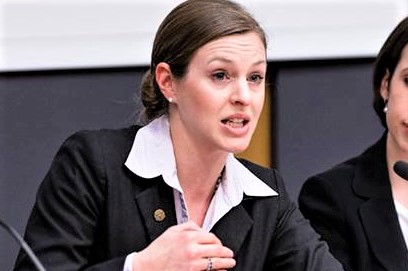Foundations of International Security:
Office Hours
By appointment in person or via zoom
The Five Questions
You might want to start getting into the habit now, because these are the five questions I will ask you about practically everything you read.
1. What is the Central Question of the text? What question is the author trying to answer? (Hint: the title of the piece will usually give it away, e.g. "Can China Rise without War?")
2. What is the Central Argument? What is the author's ANSWER to the Central Question? (in the above example, the possible arguments might be: no, China's rise will inevitably lead to war; yes, China's rise will certainly be peaceful; or yes, China's rise could happen without war under these special conditions)
3. What is at least one plausible Alternative Argument/Answer to the Central Question? (let's say the authors in the above example argue that no, China's rise cannot happen peacefully and war is inevitable. An alternative argument is then that yes, China CAN rise peacefully if etc. etc.)
4. What Evidence does the author use in support of his argument? Is the evidence mostly theoretical, empirical, or both?
5. Is the evidence Convincing? If the evidence is primarily theoretical, does the author provide any empirical backing at all? Can YOU think of empirical evidence to support or disconfirm the theoretical evidence? If the author presents empirical evidence, is it relevant? Is it sufficient? Can you think of counter-examples?

